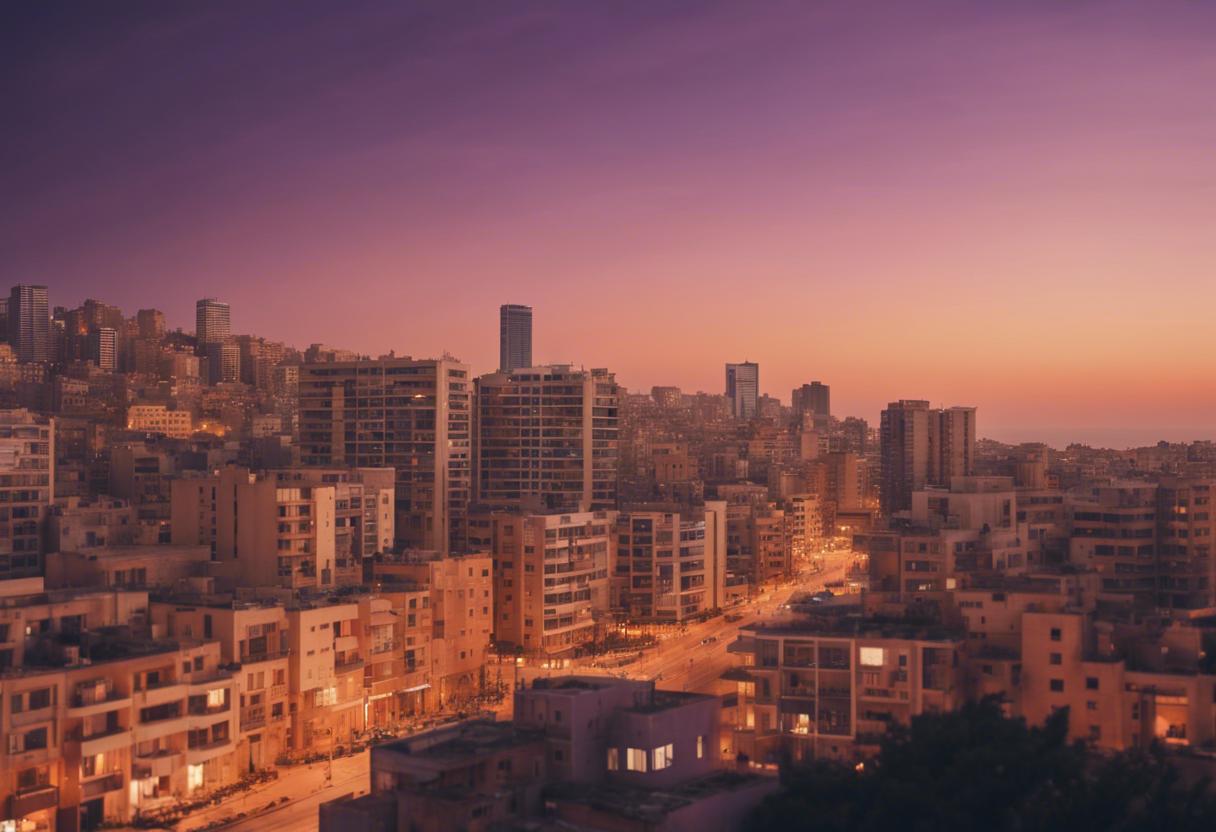Under the tormenting sun, Rabii Ayoub, a disabled man in his late forties, sits with his crutches and a bag of medicine. “I came only in my clothes, I don’t have any money,” he states, expressing his deep sense of disgrace over the situation. He deems it an ultimate degradation.
Ayoub is an embodiment of the numerous adversities Lebanon has faced. He’s among hundreds of displaced individuals settling at the centre of Beirut’s Martyrs’ Square, with the Prime Minister suggesting that those affected by Israeli assaults might reach a million. Ayoub’s premature birth which resulted in his disability was caused by his mother’s terror amid Lebanon’s various conflicts. The current lack of proper care for him reflects the failure of the Lebanese government.
Israeli attacks persist in Beirut, and across eastern and southern Lebanon, following the explosive series of bombings that killed Hassan Nasrallah, the Hizbullah leader, plus another 11 individuals. The city’s residents now live with the seemingly never-ending buzz of drones.
Incessant discussions fill WhatsApp chats as each new sound raises anxieties. Is it another airstrike, a sonic boom, or the gunfire rounds that proclaimed the death of Nasrallah?
Since the 16th of September, the death toll has risen to at least 1,079 people, which includes 56 women and 87 children, states the Lebanon Ministry of Health. Included in this number are 41 health or ambulance workers. Moreover, at least 6,352 have suffered injuries whilst others lie missing or buried in the ruins, with several corpses yet to be identified.
Dahiye, once a bustling suburb in southern Beirut recognised as a Hizbullah base, has turned into what some journalists, who are permitted to enter, are calling a “ghost town”.
Mohammad Hashim, a young barber of 23, escaped the deserted Dahiye along with his expectant wife and their three kids. The situation is dire, Hashim laments, describing their status as one of disgrace, catastrophe and famine. He tells of finding refuge in a derelict movie theatre to bathe with procured water after days of no showering. Just outside, a mother could be seen giving her child roadside ablutions.
The future is uncertain, comments Hashim, uncertain whether they would return home the next day or never at all; they anxiously await a decrease in the bombings. The fall of Nasrallah, a contentious yet revered figure among certain groups, particularly the Shia Muslims, has deeply upset him too.
“We knew him as our protector against enemies since we were children,” Hashim adds, insisting Nasrallah always defended Arab people.
Similarly, Riad Mustafa, a young car mechanic of 18, had to flee from the Ghobeiry neighbourhood in Beirut’s southern suburbs when the bombings became too intense to ignore. Discussing the death of Nasrallah and other leading Hizbullah commanders, he dispels hope that this would mark the cessation of Israel’s onslaught.
“As has happened with Gaza, the attack will persist,” Mustafa conjectures. Adding philosophically, “It’s our life, as bestowed on us by God and its destiny.”

